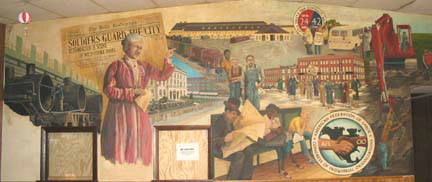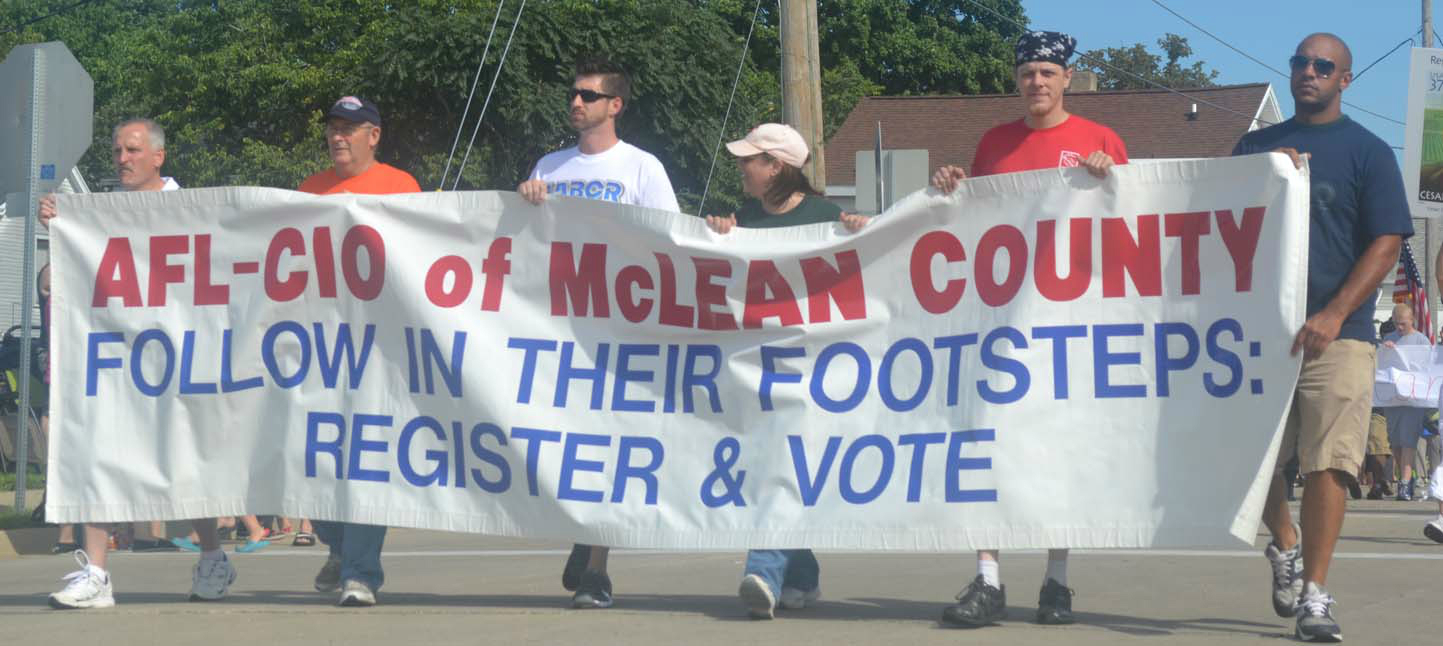|
Born in Blackness: Africa, Africans and the Making of the Modern World, 1471 to the Second World War
By Howard W. French
W.W. Norton, New York, 2021
Enslaved peoples’ labor built the U.S. and European economy, but what did it do to Africa? What was referred to as the “Dark Continent” was vibrant with multiple developed cultures, kingdoms and economic systems, in some cases more advanced than the European cultures that sought African trade, as Howard French relays in Born in Blackness.
The Spanish and the Portuguese sailed south to Africa and westward to the Americas seeking gold. A plant – sugar – proved more valuable than gold. The British Empire surpassed that mineral wealth with sugar from just one Caribbean island, Barbados. Raising and processing cane required intensive labor, workers driven by the lash to produce, living short and expendable lives to fill European sweet cravings.
“Pirates of the Caribbean” is a theme park ride, but why were looters roaming those islands? To quote bank robber Willie Sutton, “Because that’s where the money was.” Naval ships, pirates and freighters roamed the Caribbean Sea not just to capture Spanish doubloons, but rather to secure islands for plantation agriculture. Sugar production doomed enslaved people to short lives, meaning traders roamed African shores, seeking even more people to enchain.
African culture was rich with developed cultures and slavery was common. Kingdoms would capture people from other nations and enslave them. African kingdoms sold slaves eastward into Egypt. Africans could produce many items, but finer cloth, metal pots and eventually armaments attracted African elites to trade people for luxury goods. Multiple trade routes developed, not just from Europe to Africa to the Americas, but also Europe to India for fine cotton fabrics to trade with African royalty. To ensure their insatiable labor needs, Europeans became adept not only at trade, but arming African kingdoms to attack each other, thus gaining more slaves. With classic divide and conquer tactics, the European traders would send arms to one side, reaping the human reward and then arm the vanquished, who would then attack the victors, the captured imprisoned and sent westward.
The Portuguese developed the first plantations off the African coast and then Brazil; the British, French and Spanish reproduced the model throughout their American colonies. What became the United States served two functions – first land for more Southern plantations, but also the Yankee North launched slave ships, financed plantations and sold food southward.
Enslaved people were not passive; revolt was common and brutally suppressed. Europe and the U.S. panicked when the French colony of Saint Domingo erupted with a great 1791 slave revolt, creating the independent nation, Haiti. Both the British and French lost large armies trying to recapture the island. The young United States feared the insurrection’s spread to its own enslaved people. The U.S. and Europe placed stringent economic boycotts and launched military excursions against the independent republic, dooming it to poverty.
Howard French is an experienced world correspondent. This well written and accessible book follows his journeys from Africa across the U.S., Brazil and the Caribbean, searching enslavement sites, digging deep into the story to share the full tragedy of brutalized, unpaid labor, reflecting its impact on African shores.
Mike Matejka
|



